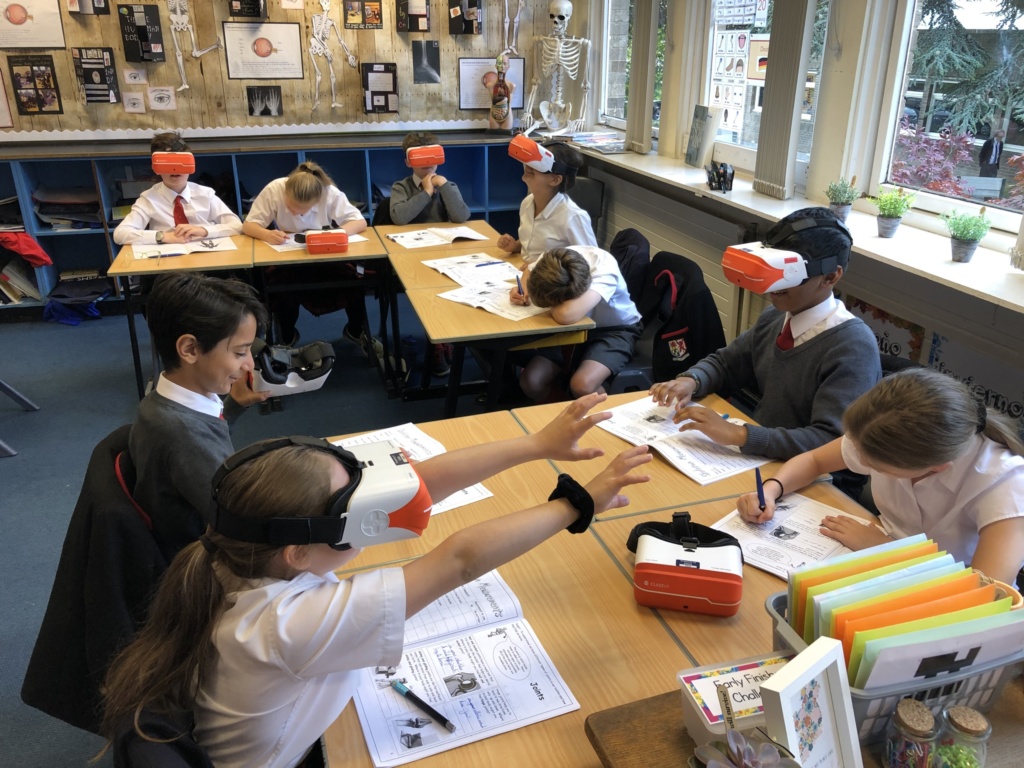
Too many teachers still believe that they differentiate for their learners by providing three different forms of worksheets: one with very little text and a few images to the two-page, fully justified piece of prose which demands more than a single word answer to questions.
Frankly, this is criminal. Differentiation should focus more on the strengths of learners, rather than their weaknesses, and should take into account different learning styles.
These days there is so much technology out there that provides alternative ways of accessing and presenting information so that teachers can provide differentiation in a more meaningful way than ever before.
I am Head of eLearning at ESMS (Erskine Stewart's Melville Schools) in Edinburgh and we are one of the largest independent schools in Europe. In many ways, ESMS is a very traditional school, based on nine core values and a strong sense of family.
I often work with groups of children in Support for Learning workshops. It saddens me that children feel that being different is such a negative thing, rather than an opportunity to shine. We focus on how technology could be used to level the playing field for them and by providing real differentiation we given them the chance to shine.
I remember one example where dictation software was quite revolutionary for a child. He was tasked with writing an essay about Napoleon from George Orwell’s Animal Farm. He did not know where to start and stared glumly at his laptop, quite in despair. He had a laptop because he struggled to hand write and there is no doubt about it, the device helped him to produce legible work of which he could be proud.